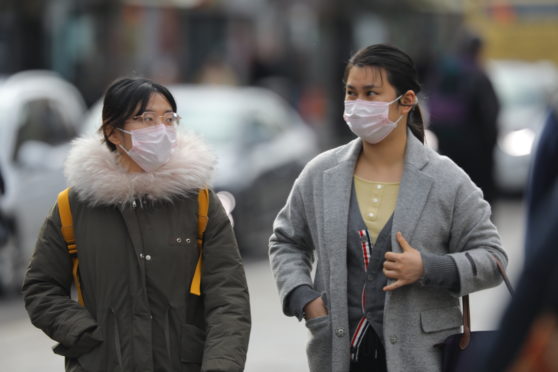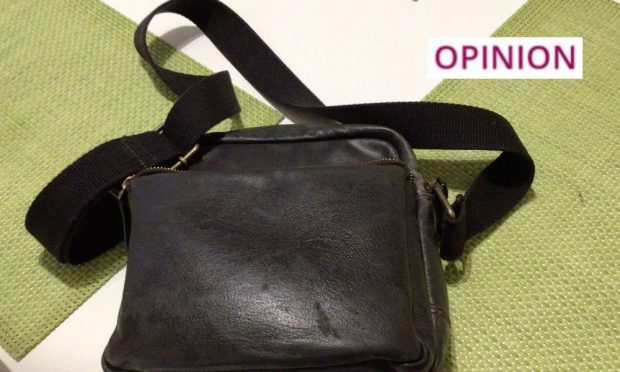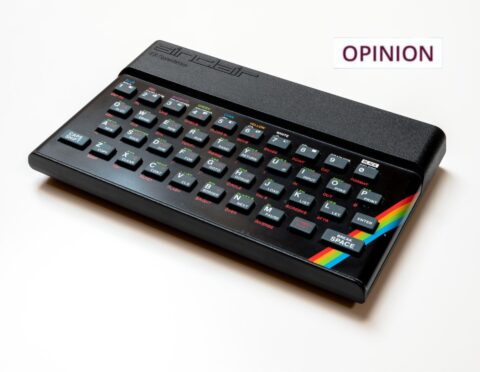Hey, everybody, wear your mask. Please. That’s it. That’s the whole message.
It shouldn’t be a difficult one but, for some, it seems to be a challenge.
This is a global pandemic, with more than eight million COVID-19 cases, including 450,000 deaths, mostly caused by the spread of droplets from our mouths or noses. Let’s reduce that spread.
It’s amazing how social values can change. In January, I was waiting for my wife at an airport and a flight from Shanghai landed at about the same time as hers.
I watched the passengers disembark, feeling uncomfortable when I saw their masks. Of course, they knew what I did not understand fully: Covid kills.
Now I feel uncomfortable if I see anyone without a mask. Even a photograph of a pre-pandemic crowd makes me nervous.
Rules are tightening – you must be masked on public transport in Scotland, for example – and we’re increasingly likely to challenge each other to do the right thing.
The experts say facemasks work. And they’re here to stay – last week, the New York Times surveyed 511 epidemiologists and more than half of them predicted masks would be necessary for at least a year.
The Centers for Disease Control and Prevention in the U.S. say any mask – even a basic bandana or home-made cloth covering –protects against infection.
It’s better if it fits your face, but it’s reckless to walk around without one.
And don’t believe that Facebook post about masks being bad for your health; it’s not true, so don’t share it.
For some of us, it’s difficult to have our faces covered. A couple of weeks ago, a combination of a poorly-fitting mask and my anxiety made me leave a supermarket in mild panic, so I understand it isn’t easy.
But this has stopped being a choice and has become a duty: if you can cover your face, you should. It’s not a show of weakness. You don’t need to be embarrassed. We owe this to each other. We can do this.
I just need to learn to stop being offended when I smile at someone and they don’t smile back.










